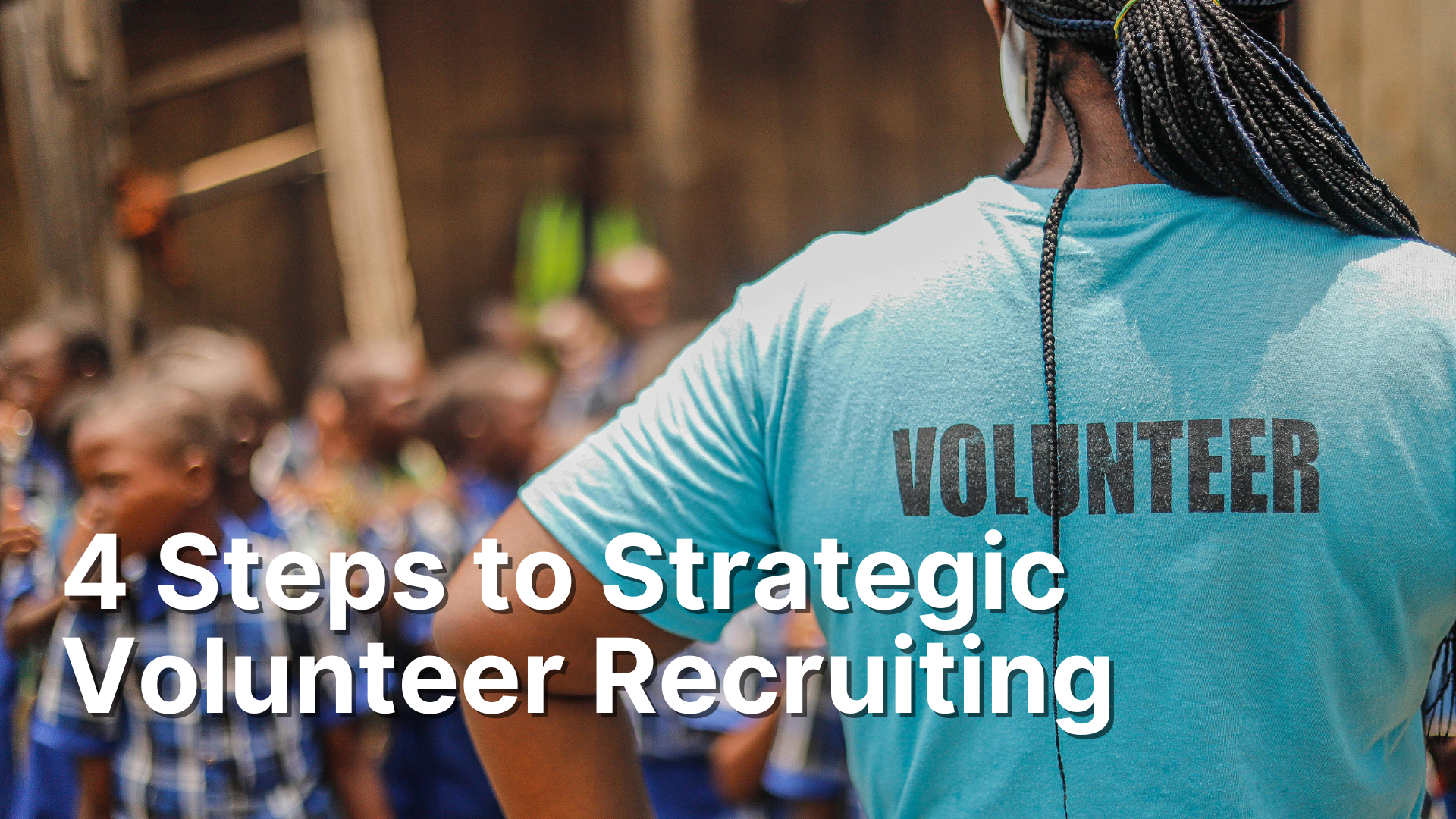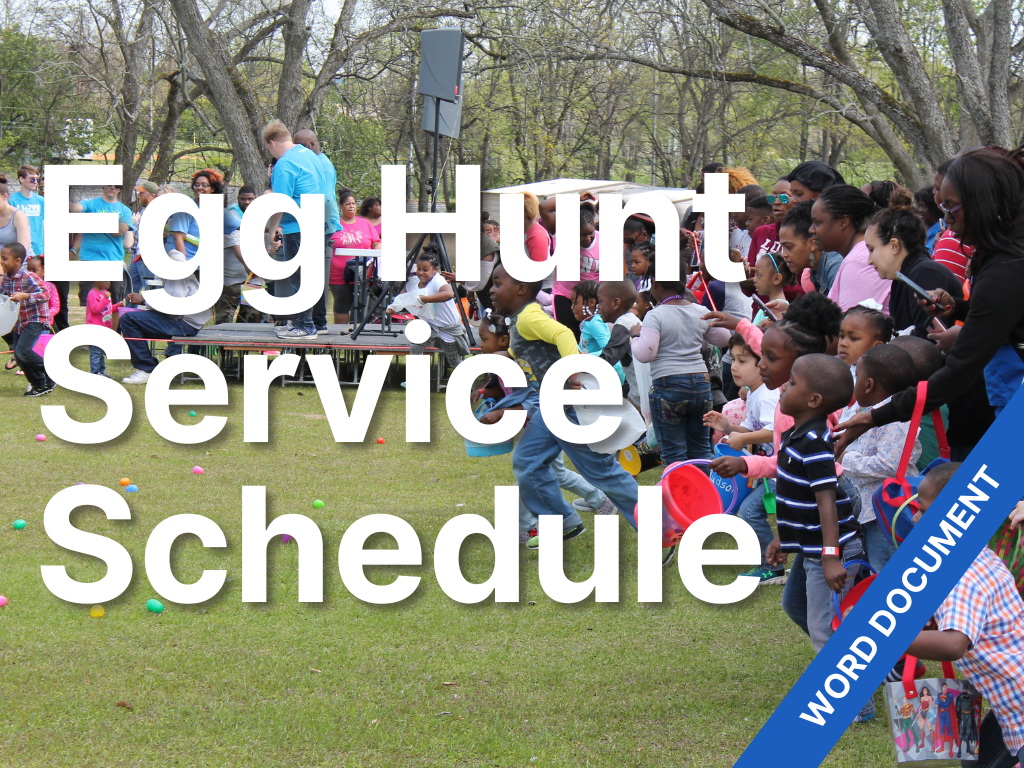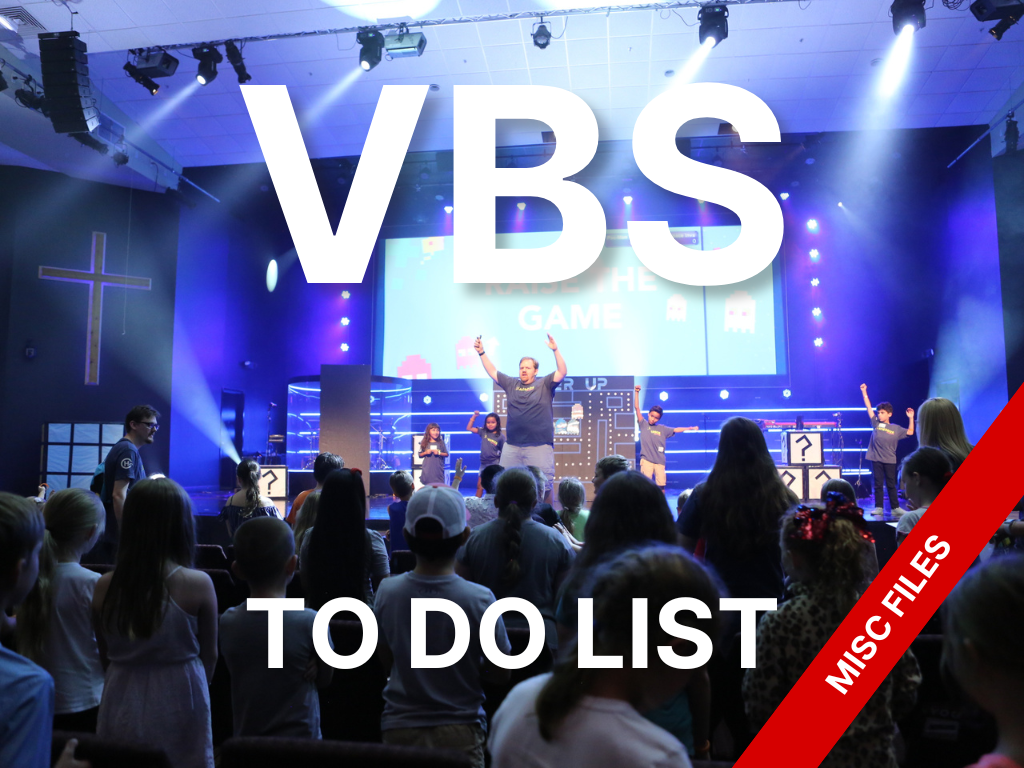4 Steps to Get to Know New Volunteers
I’ve talked about onboarding volunteers before. It’s one of my most popular posts. And while getting your new volunteers the tools and resources they need are essential, there are some questions you need to answer before you plug them in.
Questions like, what are their beliefs and do they line up with the church? What is their spiritual maturity level? What are they passionate about? What do they hate?
These are essential questions to the onboarding process. They help you place your volunteers in the right place where they can fully serve God’s purpose for their lives.
However, so many times, we are focused on just getting someone in the room. I’ve been guilty of it myself. At my first church we approached a family about serving in the nursery after they’d only attended twice. They said yes, but it didn’t go well. Don’t do that.
So how do you properly vet a volunteer before you allow them to serve? In this post, I’ll outline 4 places you can learn about your volunteers before they ever start serving. It doesn’t take long, but it’s essential to the health of safety of your ministry and your new volunteer.
1. Assimilation Process
Many churches use programs like Growth Track or Next Steps to move people from guests to volunteers. While these programs serve that purpose, they help you do more. They’re designed to help you get to know the person and show them their God-given purpose.
Even if you don’t teach these classes, you need to be aware of who is in there. Check in on them as the classes start and follow up after. If they show an interest for your ministry, then talk to them about what they’re learning about their gifts, talents, personalities, and passions.
You want their position to align with these things as best as possible. If not, they’ll be frustrated and ineffective in the role. Essentially, a warm body. And no one wants that, especially in kidmin.
2. Application
Even if your church doesn’t have a formal class, you need to have an application for ministry. You can get mine here.
The application helps you gather the most important information about the volunteer like contact info, social media presence, and family connections. But you can also ask about milestones. Ask if they’ve accepted Jesus and baptized in water. Ask them to explain what they believe in a few sentences.
It’s ok if they’re a new Christian. I believe everyone can serve, no matter where they are on their spiritual journey. But that doesn’t mean they can serve everywhere. In the kidmin world, I wouldn’t put a newly saved person in charge of a small group, but I can let them help with check-in, crowd control, or tech.
As they grow and mature then we can talk about moving them into a teaching or leadership role.
At the end of the application, I also ask for references. I can’t say that I’ve always called them, but it’s good practice. References can tell you if there is anything about the volunteer that should give you pause. So call and ask about this new person. You may gain valuable insights.
The key with the application is to have a written record of the volunteers level of maturity. This way, you can trust you’re putting them in the right place.
3. Interview
I don’t do formal interviews with my volunteers, but I know a few churches that do. After the volunteer has completed the first two steps, I want to talk to them about the information we’ve gathered so far.
Ask them about their spiritual gifts are. What are their hobbies and passions? What do they do for a living, and can that be translated to ministry? Do they want to translate it?
Ask them where they’d like to serve and why they think that would be a good fit.
Many of my new volunteers are happy to just be on the team. They are willing to serve wherever I put them. In this case, I’ll talk about the current openings that fit their availability and let them choose.
By the end of the conversation, I have a pretty good idea of where they’re coming from and where to place them. But I could be wrong. That’s why I like to have a trial period.
4. Trial period
I talked more about trial periods here and here. I think these are crucial to getting your volunteers in the right place. Many times, we think we want something and then we get it and realize we hate it. Volunteering can be the same way.
A volunteer can be absolutely passionate about being a small group leader but then get into it and struggle. So, every new volunteer has to serve under someone for a period of time. It may be for a few weeks or a few months.
While they’re learning the ropes, you’re learning them. They may love their position, but their horrible at it. They may show a real aptitude for something but never dreamed they could do it.
As they serve during their trial period, follow up with them and ask how it’s going. See if they have any questions. Ask what they like or don’t like about the position or serving in the ministry in general.
All these steps are getting to know your new volunteer. It shows you care for people and for them in general. As John Maxwell famously said,
"People don’t care how much you know until they know how much you care."
“People don’t care how much you know until they know how much you care.”
Spend the time to get to know your volunteers. Give them opportunities to serve in their God-given passions. Encourage them to go beyond what they think possible.
You’ll end up with a happy and productive volunteer who will serve with you for years to come.












